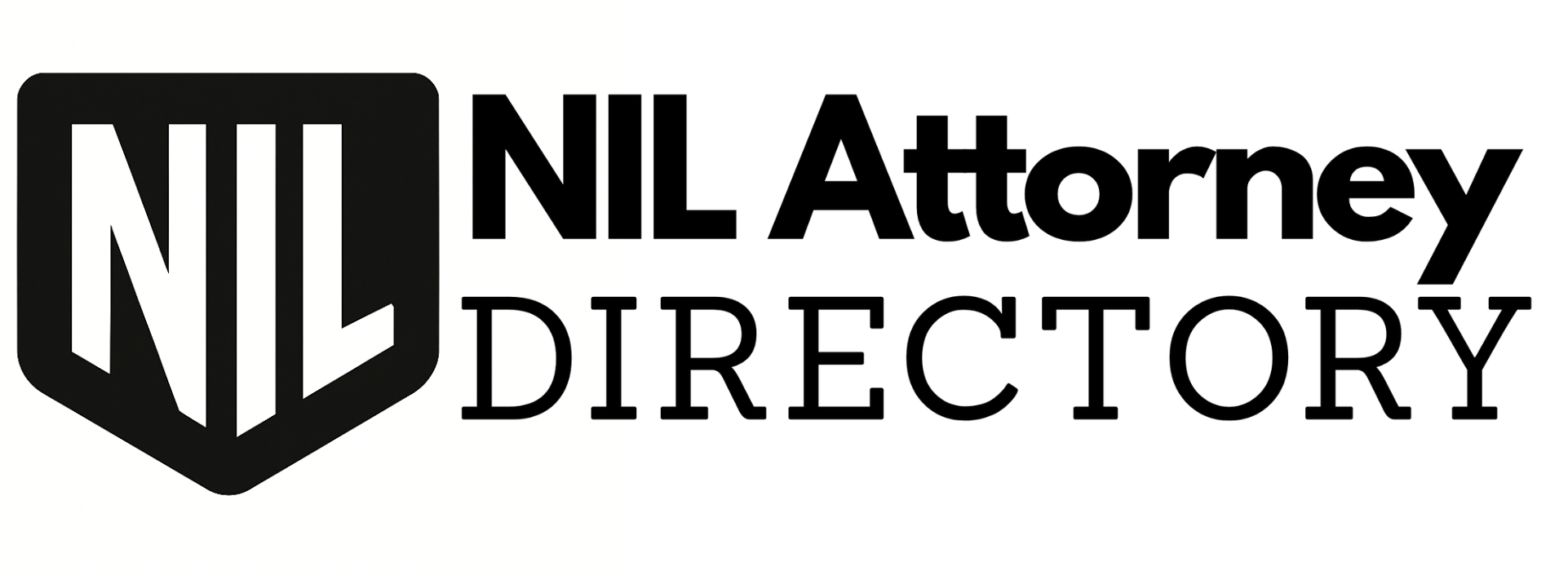Top Red Flags in NIL Contracts That Only an Attorney Can Spot
Protecting Yourself Before You Sign
For many student-athletes, the chance to sign an NIL deal feels like a dream come true. The opportunity to earn money, build a brand, and connect with sponsors is exciting—but it also comes with real risks. Too often, contracts that seem straightforward hide terms that can harm an athlete’s career, finances, or reputation.
This is where an NIL attorney becomes essential. Legal professionals trained in sports and contract law can spot warning signs most athletes and families would miss. Before you sign, here are the top red flags that only an attorney can identify and help you avoid.
Unclear or Unfair Payment Terms
One of the biggest issues in NIL contracts is vague compensation language. Common problems include:
- Payments tied to conditions that are not clearly defined.
- Delayed or partial payments with no penalties for the company if they fail to deliver.
- Compensation in products instead of money, which may not align with the athlete’s goals.
Attorneys review these terms to ensure you know exactly what, when, and how you’ll be paid.
Overly Broad Exclusivity Clauses
Many contracts try to lock athletes into exclusivity agreements. This can prevent you from working with other brands—even if those brands are unrelated to the deal. For example, signing with one apparel company might block you from promoting any other clothing, footwear, or even unrelated lifestyle products.
A lawyer can limit exclusivity clauses to specific products, regions, or timeframes, keeping your future opportunities open.
Loss of Intellectual Property Rights
Your name, image, and likeness are your most valuable assets. Some contracts attempt to transfer ownership of those rights to a company, sometimes indefinitely. This means the business could continue using your image long after the deal ends, without additional payment.
An attorney ensures you retain control of your personal brand and prevents companies from taking advantage of your identity.
Hidden Termination Triggers
Contracts often contain “termination for cause” provisions, but the definition of “cause” can be vague or one-sided. If a company can end the deal at any time for minor reasons—such as missing a social media post or suffering an injury—you may be left without protection.
Attorneys push for balanced termination clauses that protect both parties and provide remedies if a company ends the deal unfairly.
Long-Term Commitments That Outlast Eligibility
Some agreements lock athletes into multi-year deals that extend beyond college. While that may sound stable, it could limit professional opportunities or prevent you from negotiating better deals later in your career.
A lawyer can negotiate shorter terms or exit clauses so you are not trapped in an arrangement that no longer benefits you.
Lack of Compliance Safeguards
Perhaps the most dangerous red flag is a contract that ignores NCAA, state, or school NIL rules. Signing the wrong deal could jeopardize your eligibility, scholarships, or even your athletic career. Attorneys know the compliance landscape and ensure every agreement aligns with regulations.
The Importance of Legal Review
Student-athletes often feel pressure to sign quickly, especially when money is involved. But rushing into an NIL deal without legal review can create long-term problems. Attorneys are trained to identify risks, negotiate better terms, and protect your eligibility and brand.
Final Takeaway
NIL opportunities are exciting, but the contracts behind them can be complex and risky. The fine print matters, and the wrong clause can cost you far more than you earn. An NIL attorney is your safeguard—someone who knows where to look, what to change, and how to protect your future.
Before you put pen to paper, ask a professional to review the contract. Protect yourself today so your NIL success can last well beyond your playing years.


